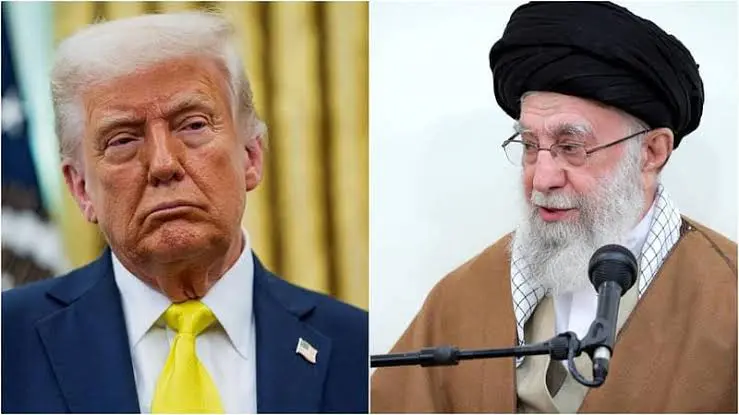Iran and the United States are set to restart nuclear negotiations in Rome on Saturday, aiming to break the longstanding deadlock over Tehran’s nuclear program.
The talks unfold under rising tensions, with the threat of potential U.S. military action hanging in the air. President Donald Trump, reaffirming his hardline position, told reporters Friday, “I’m for stopping Iran, very simply, from having a nuclear weapon. They can’t have a nuclear weapon. I want Iran to be great and prosperous and terrific.”
Indirect negotiations will take place between Iranian Foreign Minister Abbas Araqchi and U.S. Middle East envoy Steve Witkoff, with Omani officials once again acting as intermediaries. This comes after a preliminary round in Muscat last week, which both sides described as productive.
Despite the positive tone, Iranian officials have been cautious in managing expectations. Supreme Leader Ayatollah Ali Khamenei remarked that he remains “neither overly optimistic nor pessimistic” about the outcome of the talks.
Trump, who pulled the U.S. out of the 2015 nuclear agreement during his first term and reimposed sweeping sanctions, has intensified pressure since returning to office in January. Washington is demanding Iran halt uranium enrichment at levels it views as nearing weapons-grade capability.
Iran maintains that its nuclear activities are strictly for civilian purposes. While it has signaled openness to limits on enrichment in return for sanctions relief, Tehran insists on binding assurances that the U.S. will not abandon any future deal, as it did in 2018.
Since 2019, Iran has far exceeded the enrichment thresholds set by the 2015 accord and built up stockpiles well beyond civilian energy needs. It has also ruled out negotiations over its ballistic missile program or broader military capabilities.
While both nations say they remain committed to diplomacy, deep divisions persist. Direct nuclear talks between the two sides have not occurred since 2015. Last week’s brief interaction between Araqchi and Witkoff was a rare instance of contact, but Saturday’s Rome meeting will once again proceed through Omani mediation.

